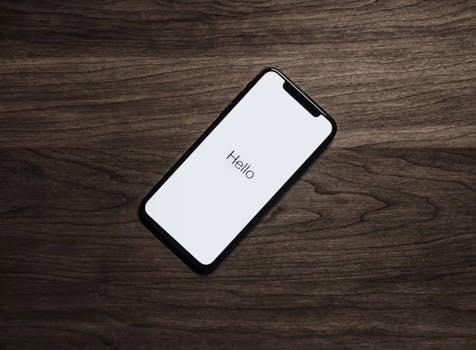Introduction: Africa’s Fintech Revolution Begins With a Phone
In many parts of Africa, a bank account is not found in a wallet—but in a mobile phone. With millions still unbanked, mobile money has emerged as a game-changing solution, bringing financial services to people who have never stepped inside a traditional bank.
Fintech in Africa is not just about convenience. It’s about access, empowerment, and economic growth. From farmers in Kenya to merchants in Nigeria, mobile money platforms are transforming lives—and redefining what banking looks like.
What Is Mobile Money?
Mobile money is a digital wallet service that allows users to store, send, and receive money using a mobile phone—no bank account required. Funds can be accessed through SMS, mobile apps, or USSD codes, often supported by a network of local agents.
Key functions include:
- Sending/receiving money
- Paying bills and utilities
- Purchasing goods and services
- Accessing credit and insurance
- Receiving salaries or government aid
The Rise of Fintech in Africa
Africa has become a global fintech hotspot, with investment in African fintech startups reaching over $2.7 billion in 2023. This surge is driven by:
✅ High mobile penetration
✅ Large unbanked population (approx. 57% in Sub-Saharan Africa)
✅ Weak traditional banking infrastructure
✅ Young, tech-savvy population
✅ Growing demand for accessible financial tools
Key Players in Mobile Money
Here are some of the leading mobile money and fintech platforms in Africa:
1. M-Pesa (Kenya, Tanzania, etc.)
Launched by Safaricom, M-Pesa is the pioneer of mobile money, enabling millions to transfer funds, pay bills, and access credit via basic phones.
2. MTN MoMo (West & Central Africa)
MTN’s Mobile Money service offers transfers, merchant payments, insurance, and banking services to over 60 million users.
3. Airtel Money
Airtel’s mobile wallet solution operates in multiple African countries, supporting person-to-person transfers, utility payments, and digital purchases.
4. Flutterwave & Paystack (Nigeria)
While not mobile money platforms directly, these payment gateways simplify online transactions for African businesses and integrate with wallets, banks, and cards.
5. Chipper Cash
A cross-border mobile payments app offering free transfers across African countries and even to the U.S.
How Mobile Money Is Redefining Banking
🔄 1. Financial Inclusion at Scale
Mobile money has brought millions of unbanked people—especially in rural areas—into the financial ecosystem. Users with no formal ID or income history can now:
- Save money securely
- Access microloans
- Pay school fees and bills
- Receive remittances instantly
📲 2. Banking Without Banks
With mobile agents acting as cash-in/cash-out points, users can perform almost every banking function without visiting a branch.
🚀 3. Empowering Small Businesses
From market vendors to boda-boda (motorbike taxi) drivers, mobile money has empowered small and informal businesses with:
- Easier payments and invoicing
- Working capital through microfinance
- Faster customer transactions
💳 4. Driving Digital Economies
Fintech is fueling Africa’s digital economy by enabling:
- E-commerce growth
- Subscription services
- Freelance and gig economy payments
- Cross-border trade
🛡️ 5. Secure & Transparent Transactions
Mobile money platforms are enhancing transparency, reducing corruption in aid distribution, and providing digital audit trails for regulators and NGOs.
Challenges of Mobile Money in Africa
Despite the progress, several issues persist:
❌ Interoperability: Many mobile money platforms don’t work seamlessly with each other, limiting cross-network transfers.
❌ Fraud & Cybersecurity: Mobile scams, SIM swap fraud, and phishing attacks are rising.
❌ Regulatory Complexity: Varying national policies can limit cross-border fintech operations.
❌ Digital Literacy: Some users struggle to fully utilize fintech services due to low tech literacy.
The Future of Fintech in Africa
The future of fintech in Africa is bright, with innovations shaping the next decade:
🌍 Cross-Border Payments
Simplifying remittances and intra-African trade using stablecoins and blockchain.
📈 AI & Credit Scoring
Using mobile behavior data to provide credit ratings for the unbanked.
🏥 Embedded Finance
Integration of insurance, health, and education finance into mobile platforms.
🏦 Neo-Banking
Digital-only banks designed for mobile-first users without physical branches.
🪙 Crypto & CBDCs
Central Bank Digital Currencies (e.g., Nigeria’s eNaira) and regulated crypto usage are being explored to modernize payments.
Final Thoughts
Fintech in Africa, led by mobile money, is not just solving a banking problem—it’s creating a financial revolution. What began as a workaround for weak banking infrastructure has become a foundation for inclusive economic growth.
As technology becomes more affordable and connectivity improves, mobile money is poised to become the default bank account for Africa’s next billion.





